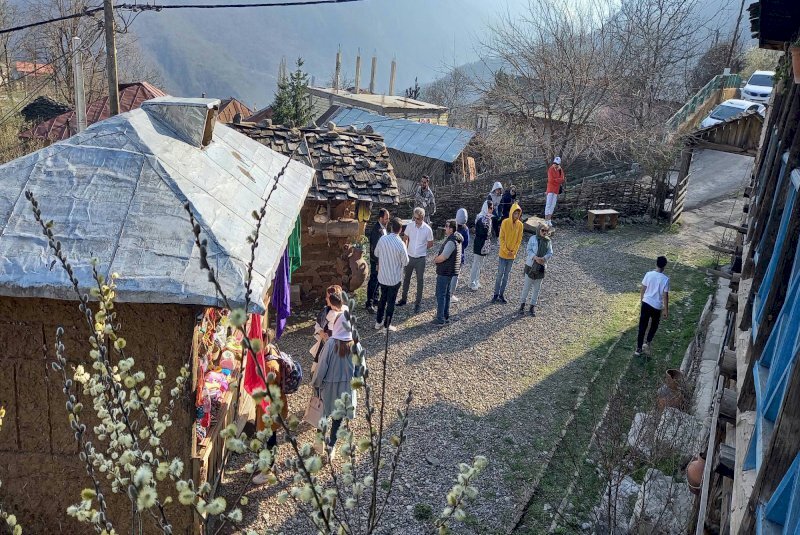Eid al-Fitr holidays: Mazandaran records 1m overnight stays

TEHRAN –Travelers have made over one million overnight stays in accommodation centers of the northern Mazandaran province during the two-day Eid al-Fitr holidays, which marks the end of the fasting month of Ramadan, the provincial tourism chief has said.
A total of 222,653 people also visited tourist attractions and natural sights of the province during the mentioned time, Sadeq Barzegar explained on Monday.
This year’s Ramadan began on March 23, which falls in spring in Iran, and ended on April 22. Because of the nature of the lunar calendar system, the dates of Ramadan vary each year and there is always a sort of disagreement among scholars as to when Ramadan precisely starts or comes to an end.
By tradition, the new moon crescent, which is sighted by the naked eye, marks the beginning of a new lunar month, but these days, Muslims prefer to lean towards astronomical calculations to avoid such confusion.
Sandwiched between the towering Alborz mountain range and the Caspian Sea, Mazandaran has a rich yet turbulent history. An early civilization flourished at the beginning of the first millennium BC in Mazandaran (Tabarestan).
Its insecure eastern and southeastern borders were crossed by Mongol invaders in the 13th and 14th centuries. Cossacks attacked the region in 1668 but were repulsed. It was ceded to the Russian Empire by a treaty in 1723, but the Russians were never secure in their occupation. The area was restored to Iran under the Qajar dynasty.
The northern section of the region consists of lowland alongside the Caspian and upland along the northern slopes of the Alborz Mountains. Marshy backlands dominate the coastal plain, and extensive gravel fans fringe the mountains. The climate is permanently subtropical and humid, with very hot summers.
ABU/AFM
